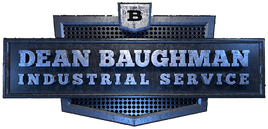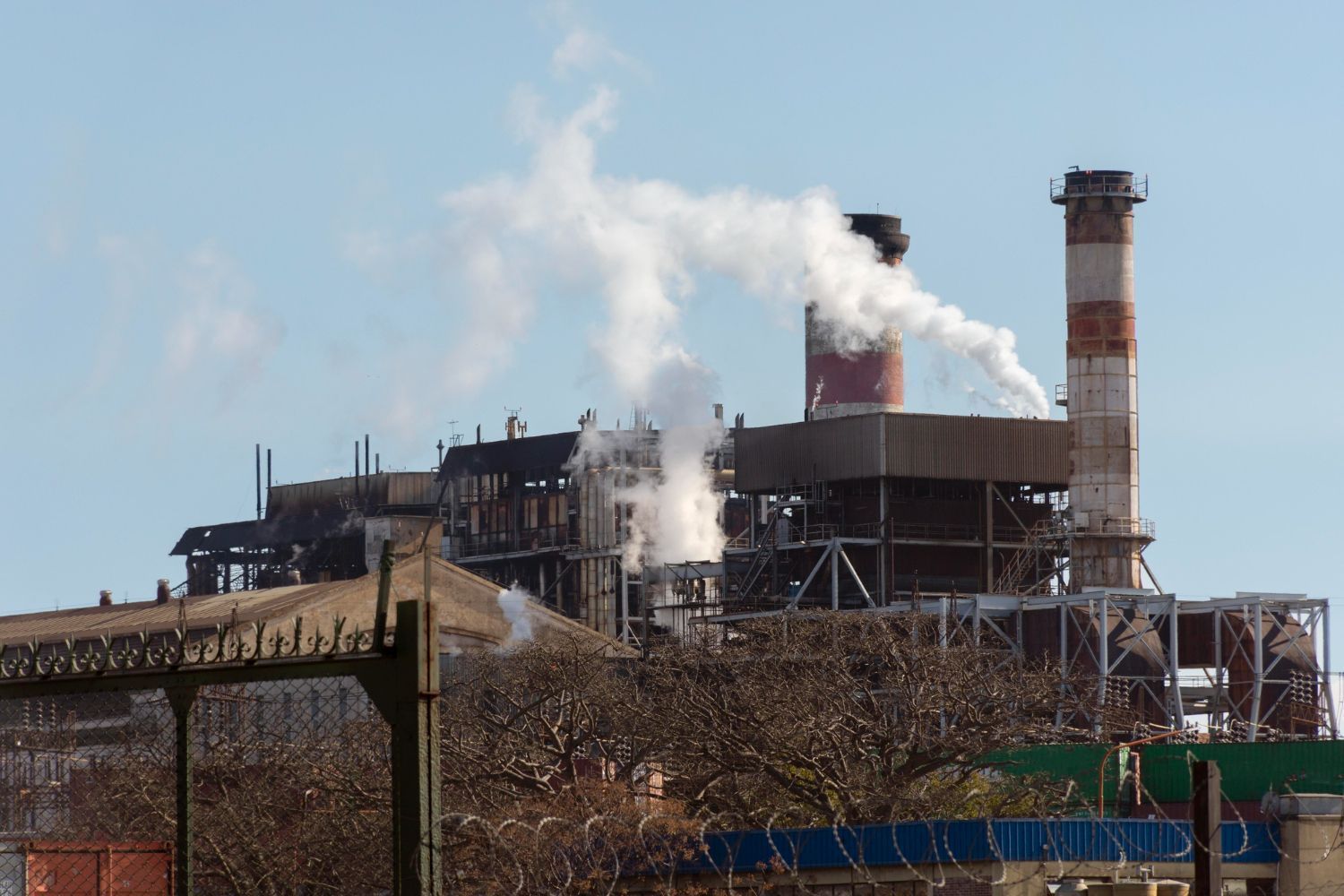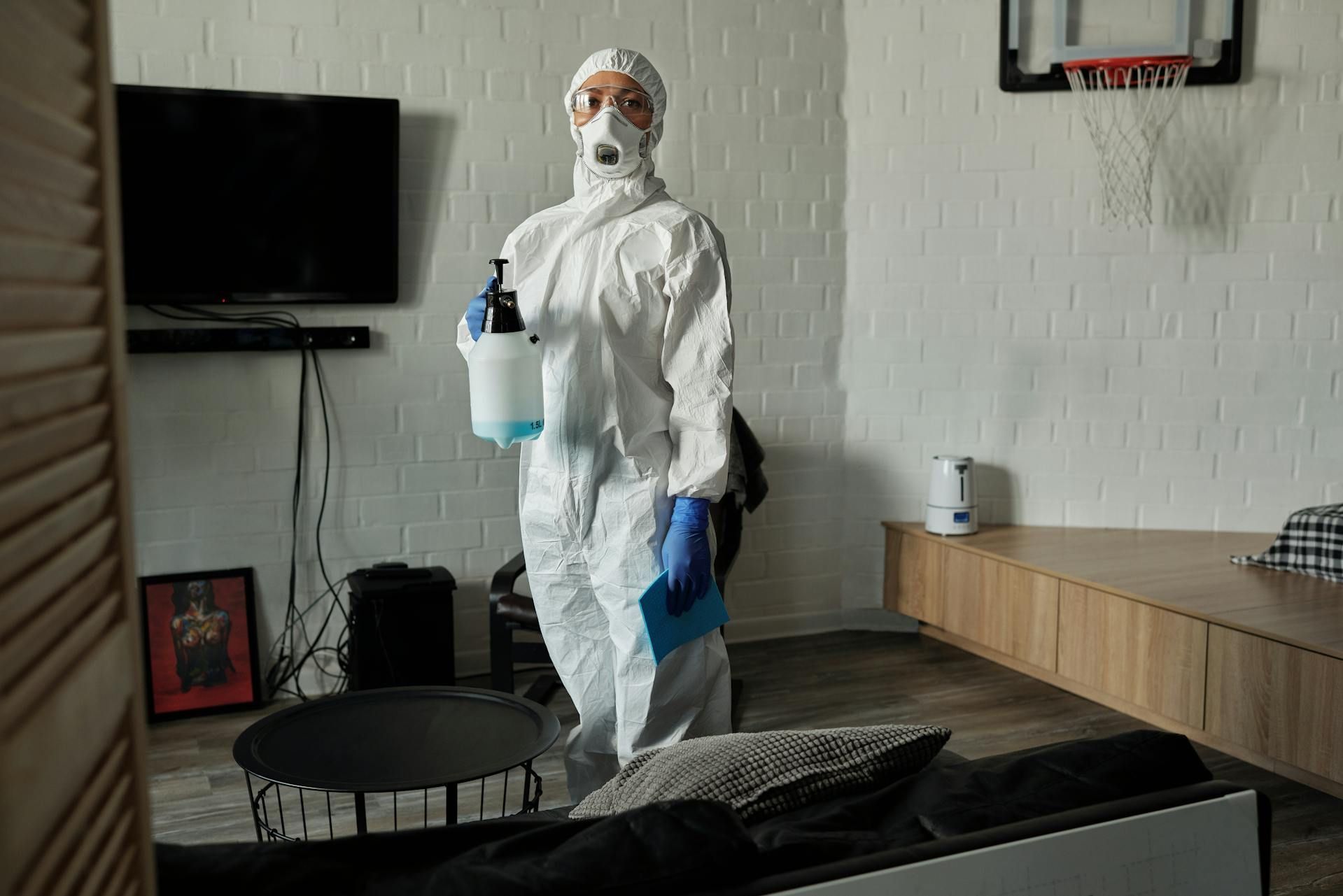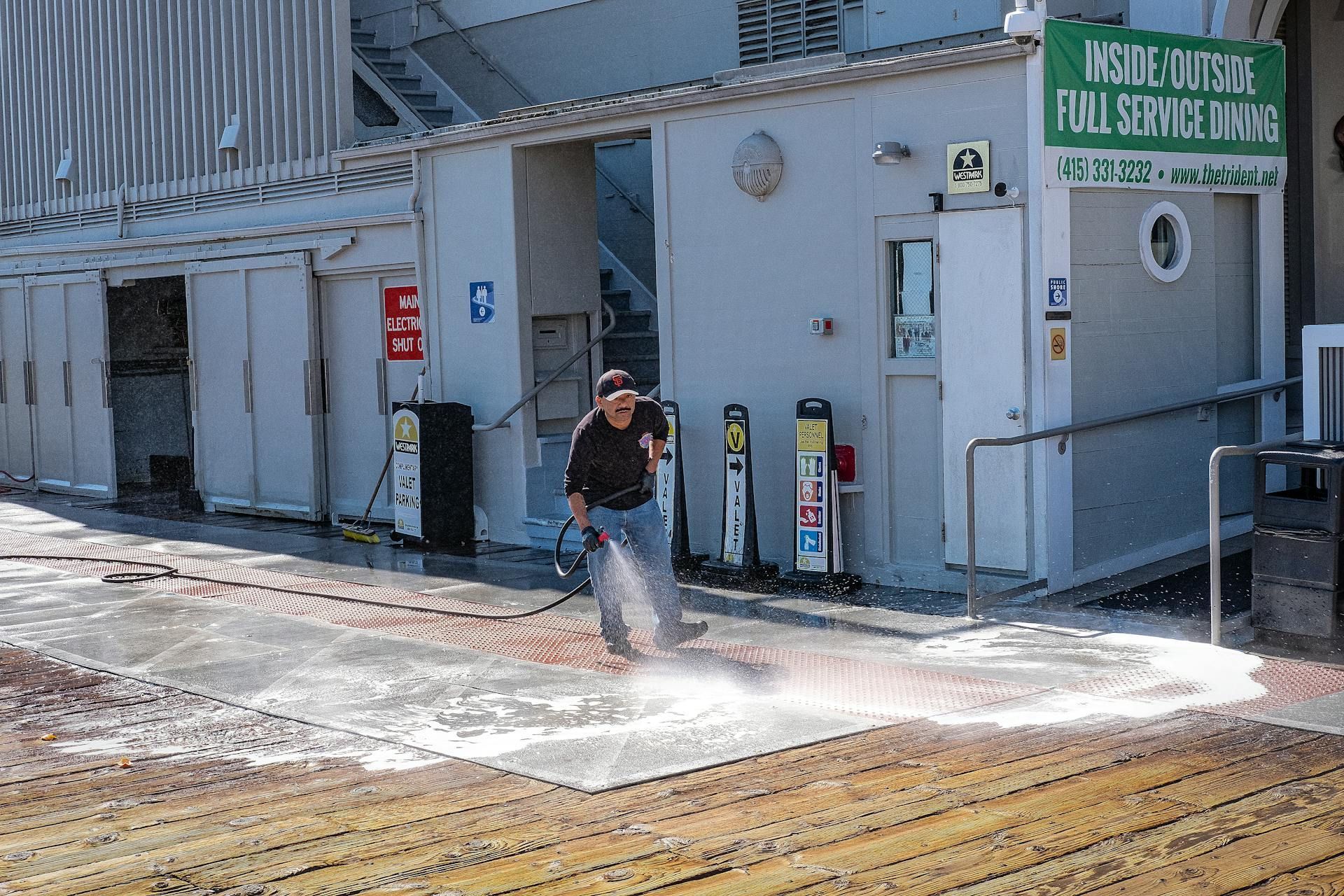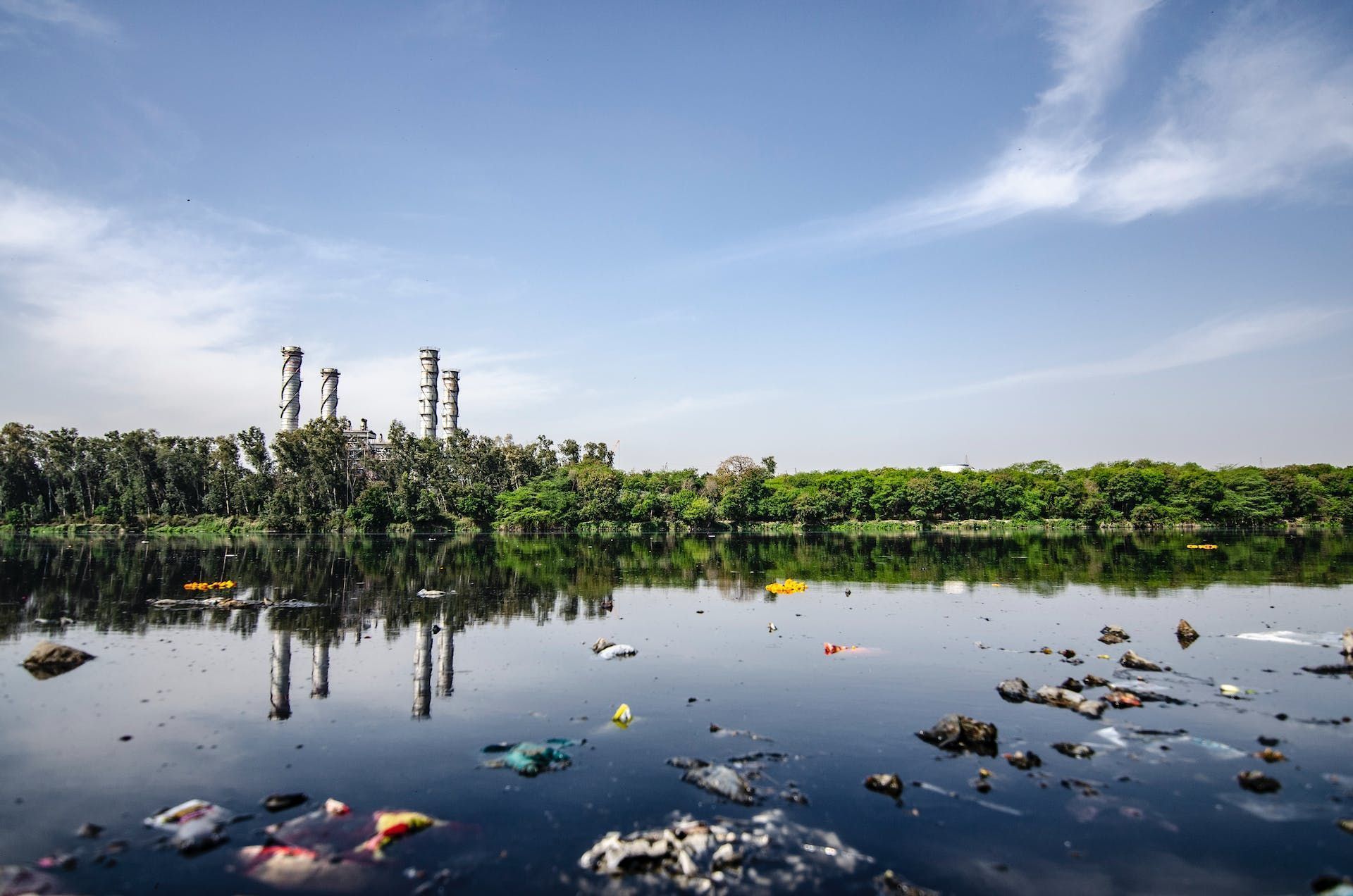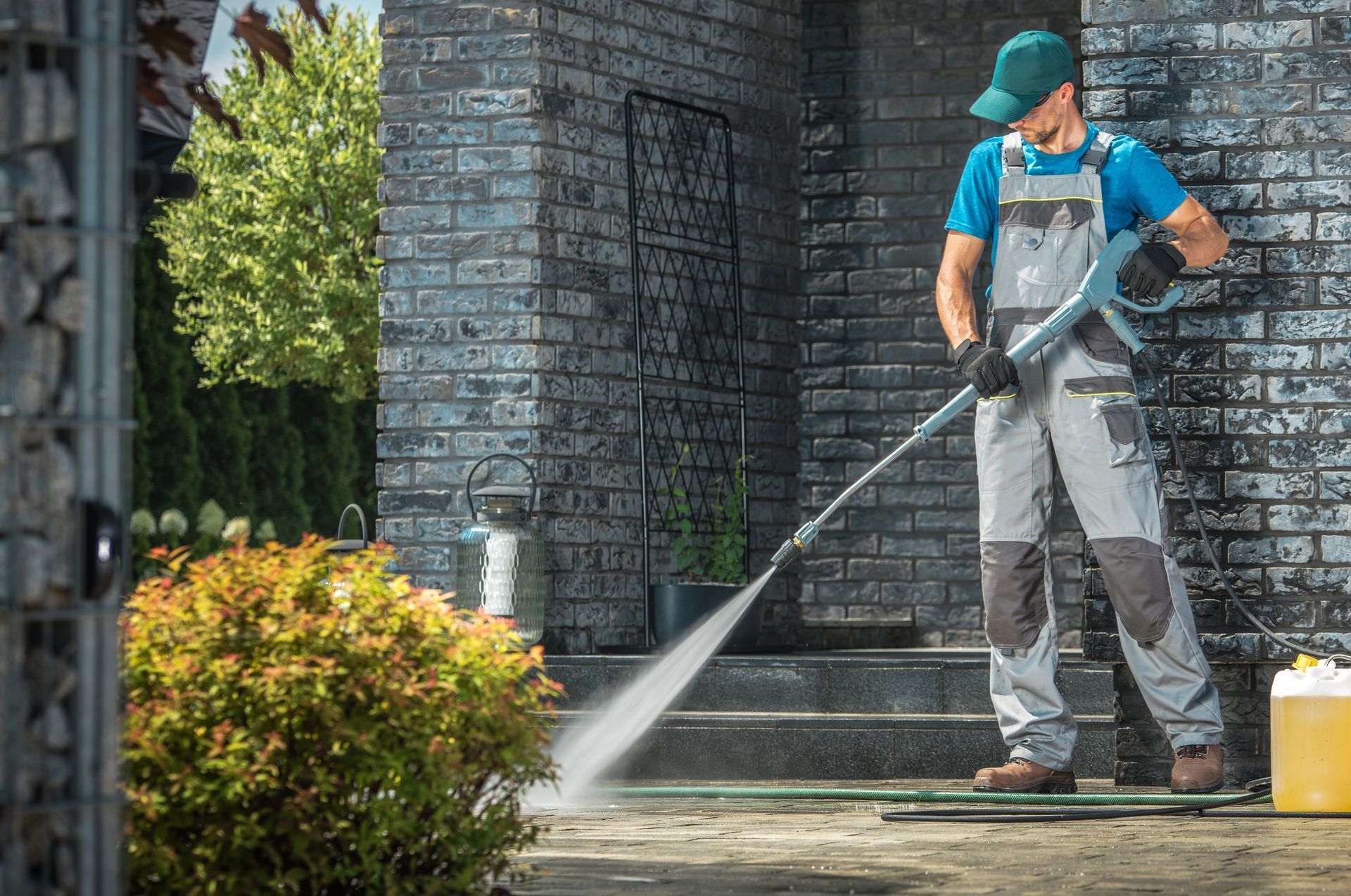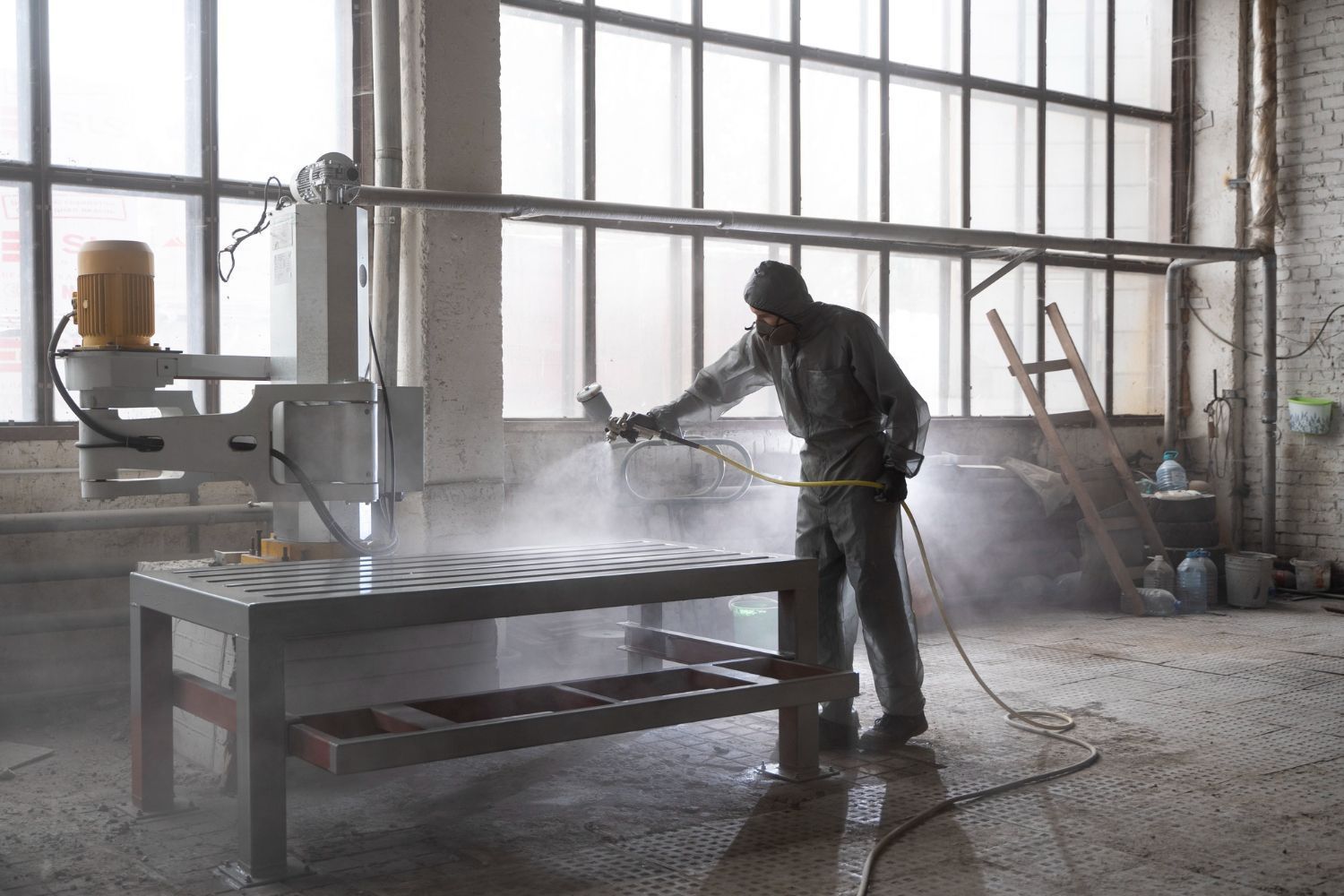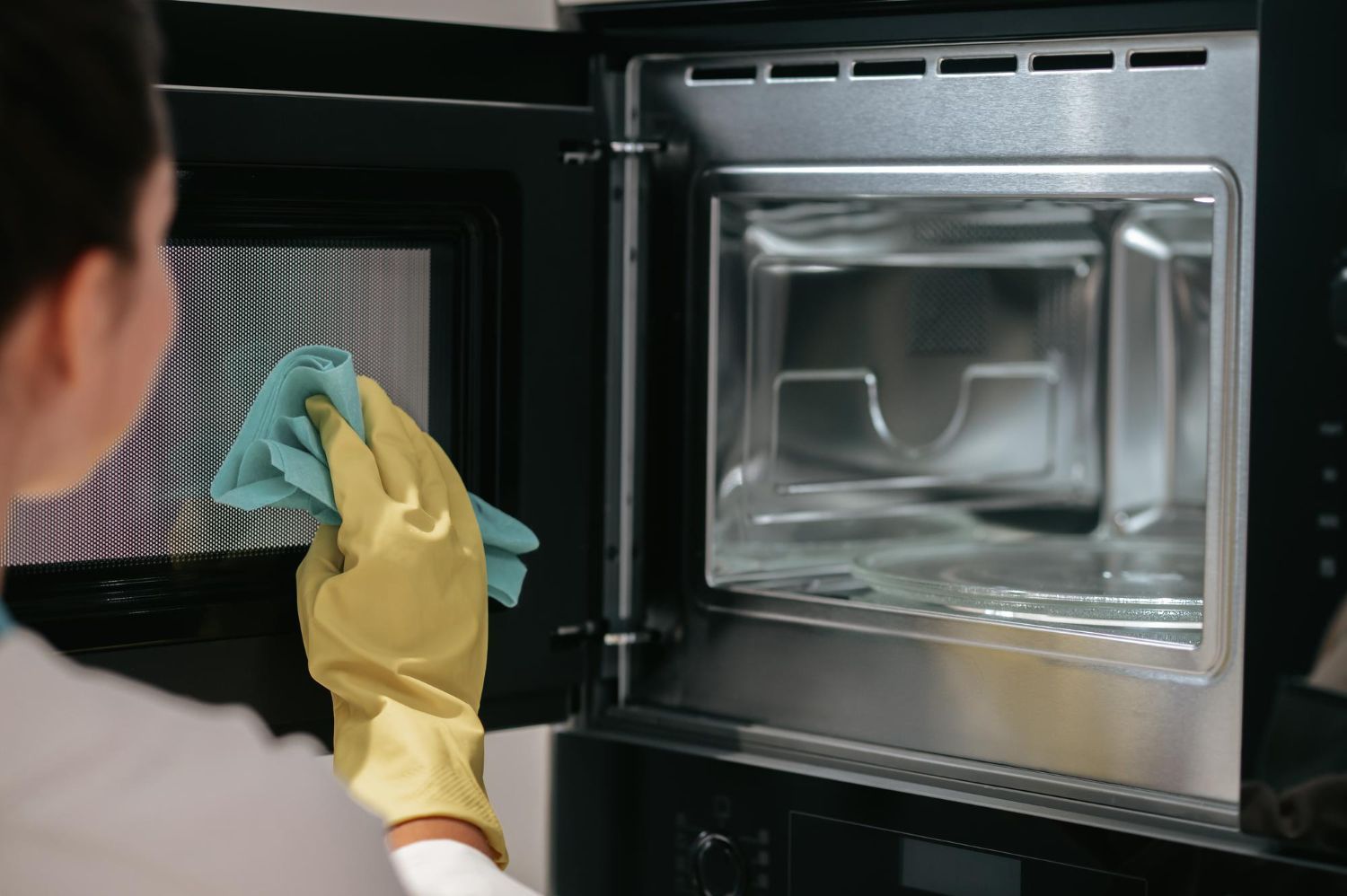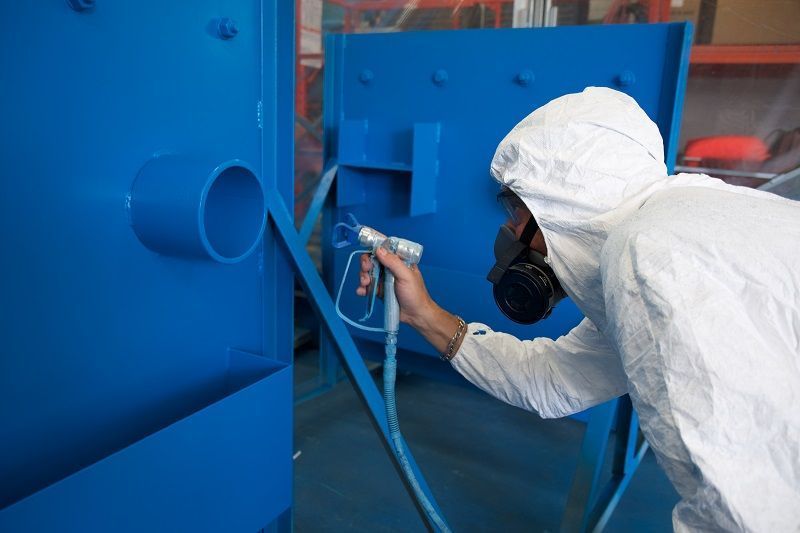Risks Brought by Combustible Dust
From seemingly innocuous substances such as flour or wood shavings to powders like sugar or metal filings, combustible dust can silently lurk in various industrial environments. Combustible dust may seem harmless at first glance, but it poses significant risks that can have devastating consequences for both individuals and industries. When fine particles of combustible materials accumulate and become suspended in the air, even the simplest ignition source can trigger a catastrophic explosion or fire. Understanding the risks associated with combustible dust is crucial for ensuring the safety of workers and preventing potentially disastrous incidents.
Ability to Ignite and Explode
One of the primary risks brought by combustible dust is its ability to ignite and propagate fires or explosions. Industries that handle materials such as wood, chemicals, metals, food products, or even pharmaceuticals are at risk of generating combustible dust. When these particles become airborne, they create a potentially explosive environment that just needs a small spark, friction, or even excessive heat to ignite. The consequences of such incidents can be severe, leading to property damage, injuries, or even fatalities.
Structural Damage
The fallout of a combustible dust explosion can have far-reaching effects. The blast wave generated by an explosion can cause structural damage, collapsing buildings or damaging critical infrastructures nearby. This not only threatens the safety of those directly involved but also impacts the surrounding community or environment. Additionally, the subsequent fire resulting from the explosion can release hazardous substances into the air, further endangering the health and well-being of both workers and the general population.
Equipment Damage
Inadequate housekeeping and poor maintenance practices can exacerbate the risks associated with combustible dust. Accumulation of dust in confined spaces, on equipment, or in ventilation systems can increase the likelihood of a catastrophic event. Neglecting to implement proper cleaning procedures, including the use of specialized vacuum systems or other preventative measures, creates a ticking time bomb within industrial settings.
Prevention
Preventing the risks brought by combustible dust requires a multi-faceted approach. It starts with education and awareness, ensuring that workers and employers understand the hazards associated with their specific industry or materials they handle. Proper training on handling and storage practices, as well as the use of personal protective equipment, is crucial.
Effective Housekeeping
Implementing effective housekeeping measures is another key element in managing combustible dust risks. Regular cleaning of work areas, equipment, and ventilation systems significantly reduces the buildup of potentially hazardous dust. It is also essential to identify and control potential ignition sources, ensuring that equipment is properly maintained and designed to minimize the risk of sparks or heat generation.
Invest in Engineering Controls
Employing engineering controls such as proper ventilation systems, dust collection systems, and explosion protection devices can greatly reduce the chances of a dust-related incident. These measures help in containing and controlling any potentially hazardous dust, preventing it from creating an explosive atmosphere.
Regular Inspections
Regulatory bodies and industry organizations play a vital role in setting standards and guidelines for the safe handling of combustible dust. Employers should stay updated with these regulations and incorporate them into their safety protocols. Regular inspections and audits can help identify any potential gaps or shortcomings, allowing for prompt corrective actions.
In conclusion, the risks brought by combustible dust cannot be underestimated. The potential for devastating explosions or fires is a constant threat in various industries. Timely education, comprehensive safety protocols, and diligent housekeeping practices are essential in minimizing these risks.
Get a Help from Professionals
Prioritizing safety in the workplace is a responsibility that no business can afford to overlook. Hiring professionals who specialize in cleaning combustible dust ensures that you not only meet compliance requirements but also protect your employees and assets from the potentially devastating consequences of combustible dust explosions. Don't compromise on safety—trust the experts to handle combustible dust, and maintain a safe working environment for all. Contact Dean Baughman Industrial Services to get a free quote.
Service Areas
Contact us and find out if we have a team in your area!
Address: Fort Wayne, IN 46825, United States of America Phone: (260) 615-0229
Dean Baughman Industrial Maintenance Services
